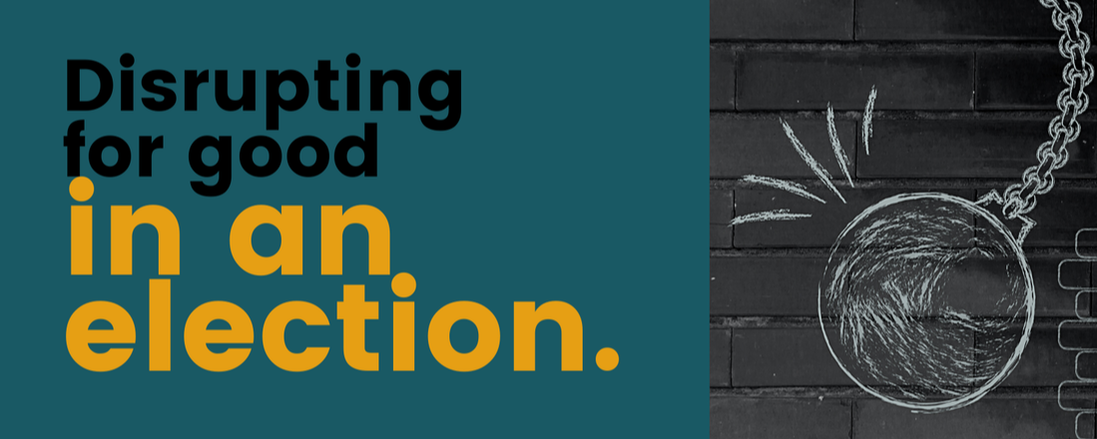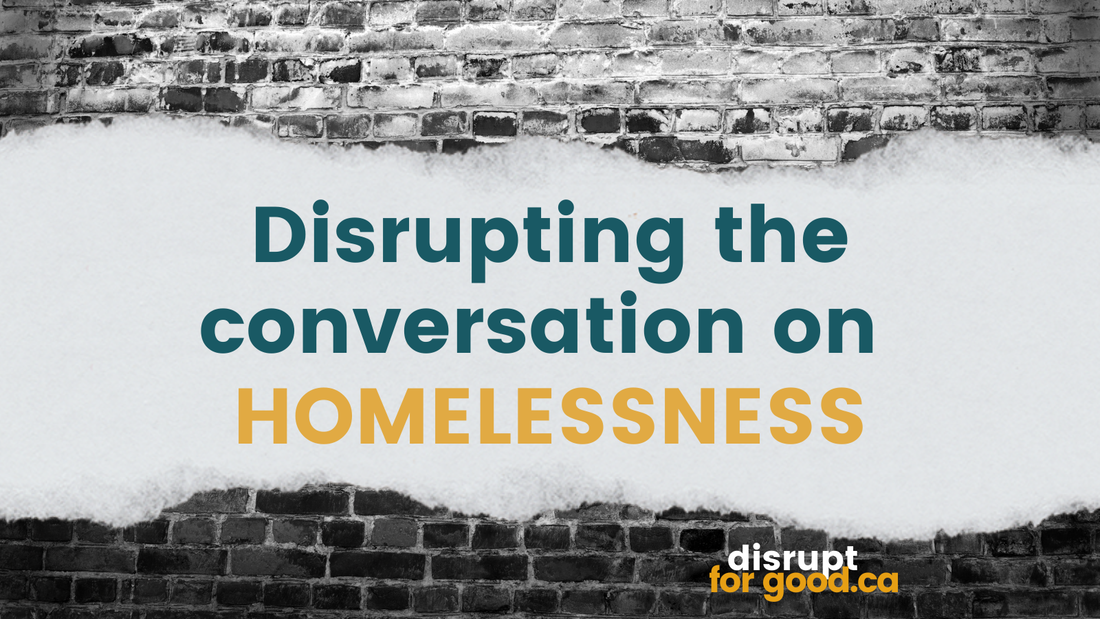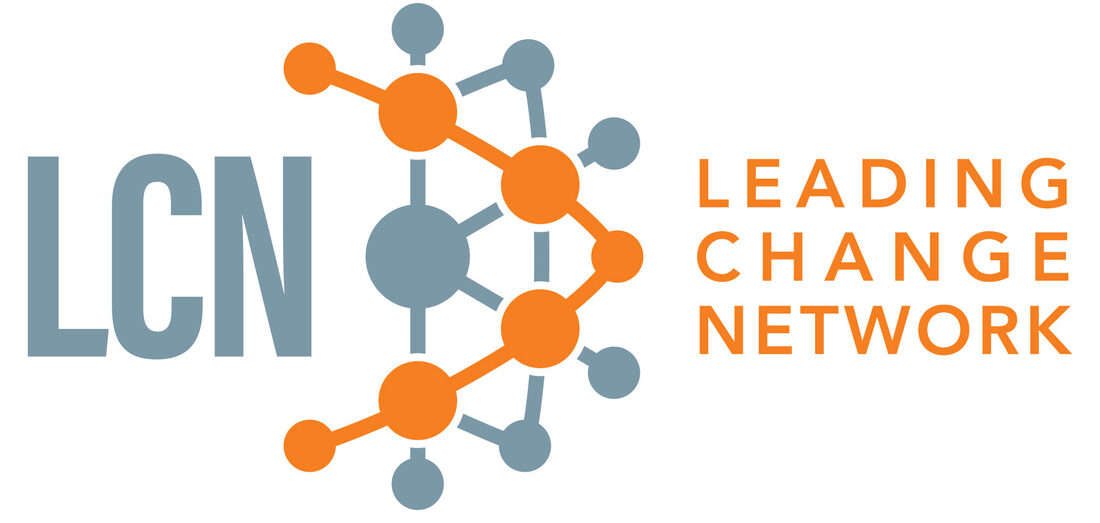|
With our 44th federal election now underway, many charities are considering how to leverage this election to the benefit of the people we support through our work. Some, like those of us in Ontario, also have provincial and municipal elections coming up within the next 12-18 months, providing additional opportunities to engage with, and garner commitments from, political candidates.
So many of the issues we work daily to address are symptoms of bad policy: homelessness, poverty, deaths from substance use, climate change, and more. Bad policy led to these crises, and we get to choose the people who make those policies. But even though the strict limitations of the CRA “10% rule” has been lifted for years now, advocacy still makes many charities nervous. We have, mostly out of necessity, prioritized treating the symptoms of bad policy over working to replace those policies with better ones. If your charity is ready to take on not just social service, but social change—and I really hope you are–here are a few of my favourite pieces of advice on leveraging elections for change: Read the full article written for Charity Village here.
0 Comments
In part one of this pair of rants, I wrote about shifting the focus of the cause of homelessness back to where it belongs: onto the policies that put the right to housing out of reach for many. This is one narrative that needs to change as we work to end homelessness. If homelessness is understood as a personal choice or individualized failing, our calls for policy reform don't make sense. When homelessness is framed as the result of bad policy decisions, the need for new policy is more obvious.
In part two, I want to focus on the need to carry that alternate narrative, and it's flip side, consistently into our boardrooms, program planning meetings, and conversations with program participants. It's so easy to slip back into that belief that homelessness is the fault of the person experiencing it when it comes to assisting that person to regain housed status. On the one hand, we say homelessness is a policy choice and on the other, we name mental health and addictions as two key barriers to rehousing efforts, and treat shelter participants as if they don't know how to make good choices and take care of themselves. Society already tends to shun the visibly homeless. We can inadvertently contribute to the social exclusion by layering on mental illness and addictions narratives, and undermining autonomy. This compounds what is for many the most profound negative impact of the homelessness experience. So much harm is done when a person is "othered" by society and social inclusion (aka community) is an often overlooked piece of the solving homelessness puzzle. |
AuthorI'm Jennifer. I am an advocacy and communications strategist working with multiple charities and nonprofits. And I want to disrupt our sector for good. Archives
April 2024
Categories |



 RSS Feed
RSS Feed
